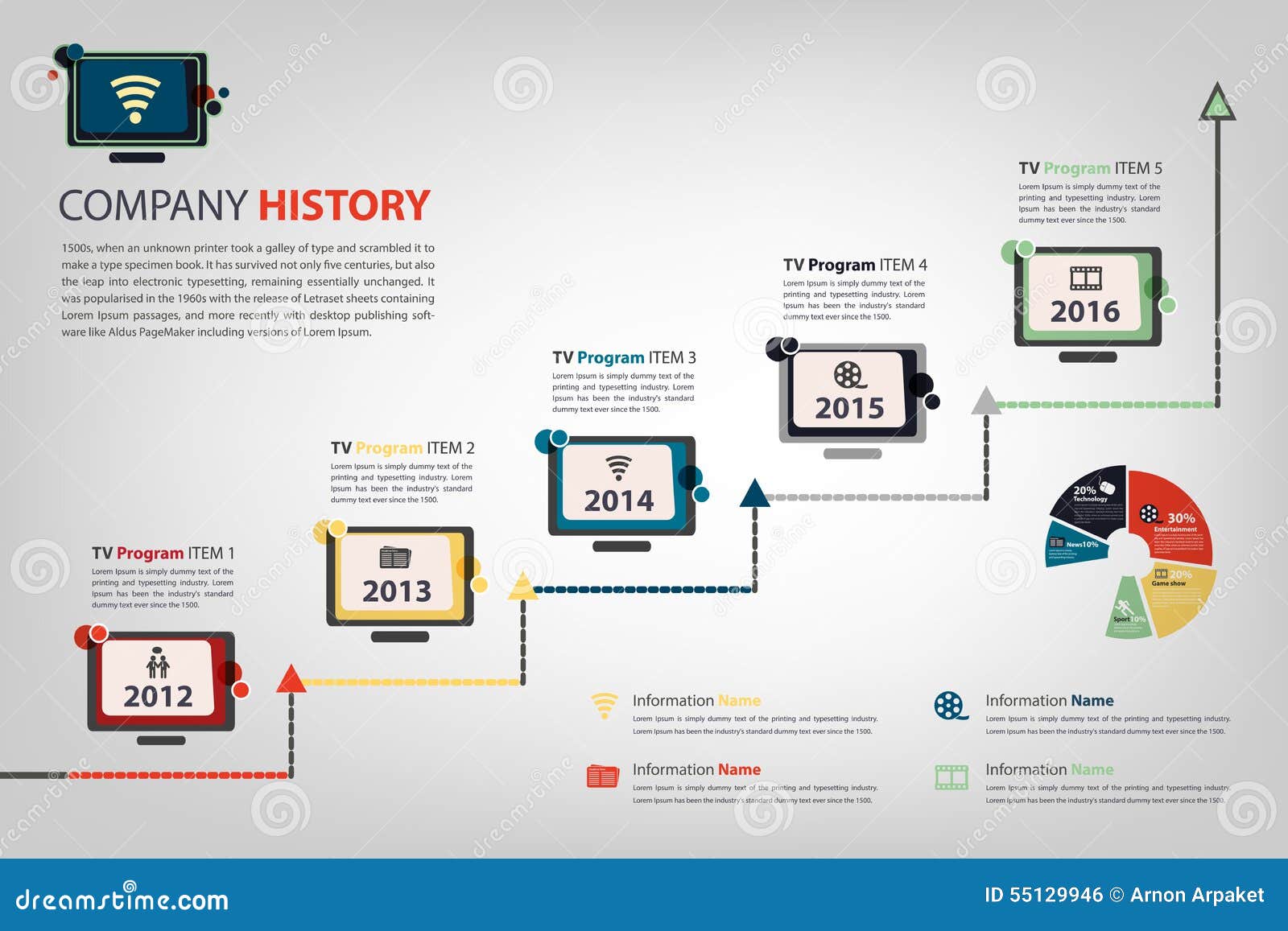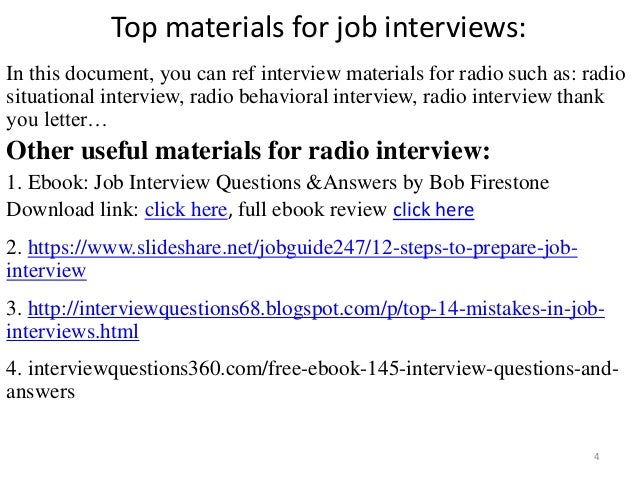Television And Radio Announcing Pdf To Word
Summary Report for: 27-3011.00 - Radio and Television Announcers. Speak or read from scripted materials, such as news reports or commercial messages, on radio. TELEVISION AND RADIO ANNOUNCING PDF TELEVISION AND RADIO ANNOUNCING Download Fri, 05 Jan 2018 19:11:00 GMT television and radio announcing pdf - Television and Radio.


Q: Will files with confidential information be secure? Nitro uses the latest technology to ensure your data and company operational activities are safe and private. Feel safe knowing you and only you control access to your data. Nitro software and servers are designed to be highly secure both against malicious attacks as well as other types of breaches. All documents are stored in accordance to the and the. Q: I never received my converted file. What happened to it?
Depending on load, it can take around 5-10 minutes to convert and deliver an average PDF file, but it may take more time for files with lots of pages or complex formatting. If you didn't receive your file, your email provider may have intercepted the email, so it would be best to add to your trusted contacts list and try the conversion again. Q: Is there a limit to the file size I can convert?
Yes, we will only convert files that are no more than 50 pages or 5MB in size. If you need to convert a larger file right now, download a free trial Nitro Pro 14-day trial and convert as many large files as you like from your desktop.
Jobs in radio and television broadcasting range from on-air personalities, such as reporters, anchors and hosts, to behind-the-scenes workers like producers, camera operators and technicians. Read on to learn about the career and education opportunities available in this field. Inside Radio and Television Broadcasting Radio and television broadcasting, which includes the production and transmission of educational, entertaining and news-related programming, is a practical application of audio and visual technologies. Broadcasting is both a large and diverse field.
Job functions vary by category, company size and personal talent, thus educational requirements also vary. Entry-level jobs in news or program production, for instance, increasingly require college degrees and some broadcast experience. Due to the competitive nature of radio and television broadcasting, getting your foot in the door with a degree or an internship is a common way to enter the field. Study.com has all the information you need on education opportunities and will guide you in making the right decision on your education. Education Information. Many different types of formal programs are available in this field; they can be found specifically in radio or television broadcasting or as a specialization area within journalism and mass communications programs.
These programs are available at community colleges, broadcast trade schools and universities as associate's, bachelor's and master's degrees; certificate programs are also available. Common courses include radio and television production, announcing and writing. Those seeking technical positions, such as radio or video camera operators, may also take courses in broadcast technology, online media or audio/video editing. Check out the following articles to get more information on degree options for this field of study. Distance Learning Options Many distance learning education options are available to those seeking to enter the field of broadcasting. Some options are listed below. Career Options Television, radio, newspaper and online media are among the mediums journalism graduates may seek careers in.
Radio Announcing Tips
Explore your options below and determine what career is right for you. Employment Information The U.S. Bureau of Labor Statistics (BLS) expects a competitive market for job seekers in the broadcasting industry in the coming years ( www.bls.gov). Employment of reports and correspondents is expected to decline 13% in the 2012-2022 decade, and little to no change in job growth is projected for radio and television announcers during the same time period. Opportunities for producers and directors are predicted to grow three percent. Broadcast and sound engineer technicians can expect a faster rate of job growth at nine percent between 2012 and 2022. Salaries in radio and television broadcasting vary widely depending on the specific job and the location.

For instance, those working in large metropolitan areas typically make the highest salaries, according to the BLS. Radio and television announcers earned an average salary of $41,800, as of May 2013, while reporters and correspondents made an average of $44,360. The BLS also reports that TV and radio producers and directors earned an average salary of $69,330 at that same time, while broadcast technicians earned $41,630, on average.